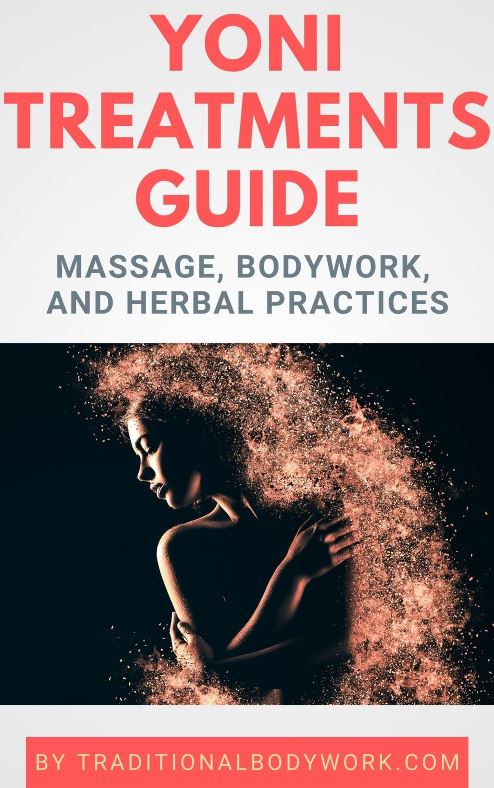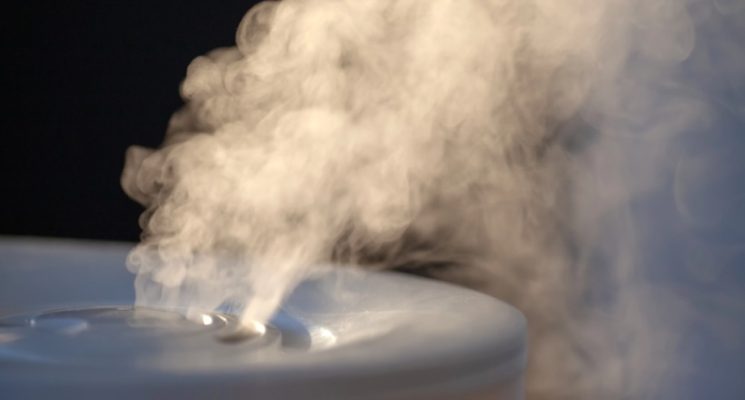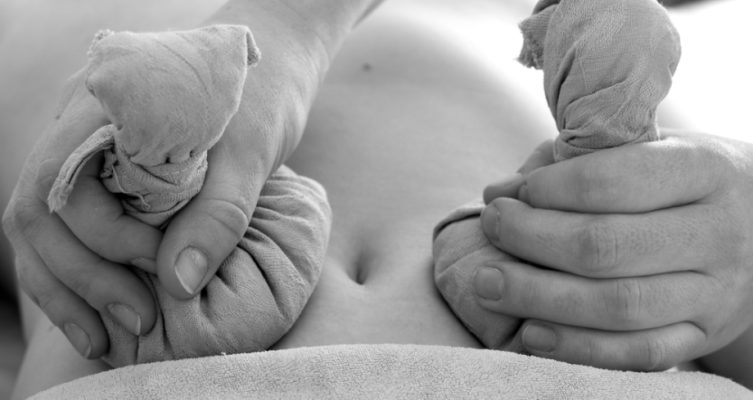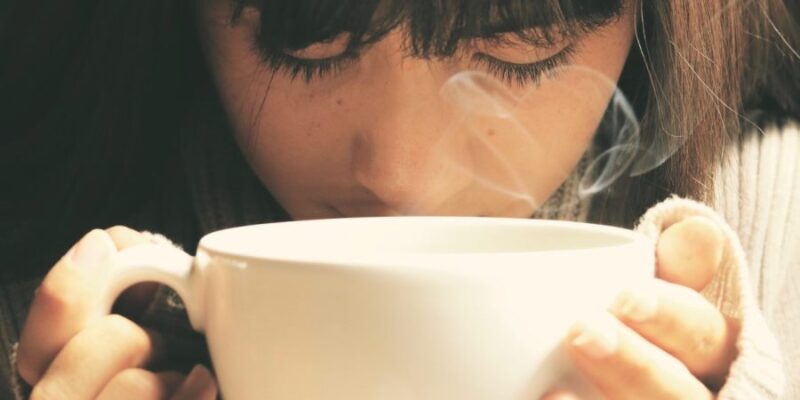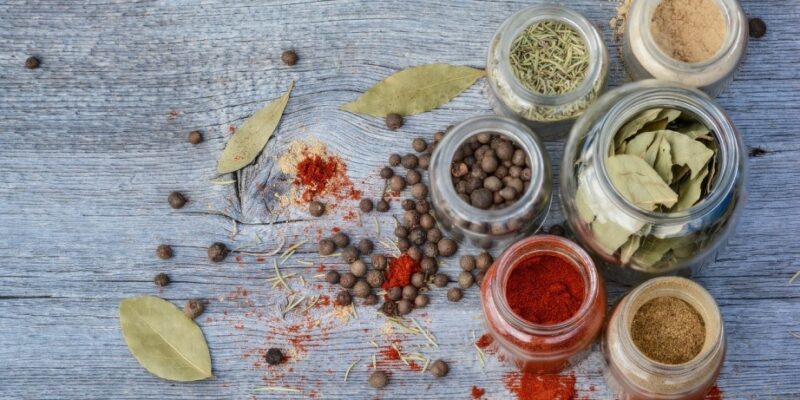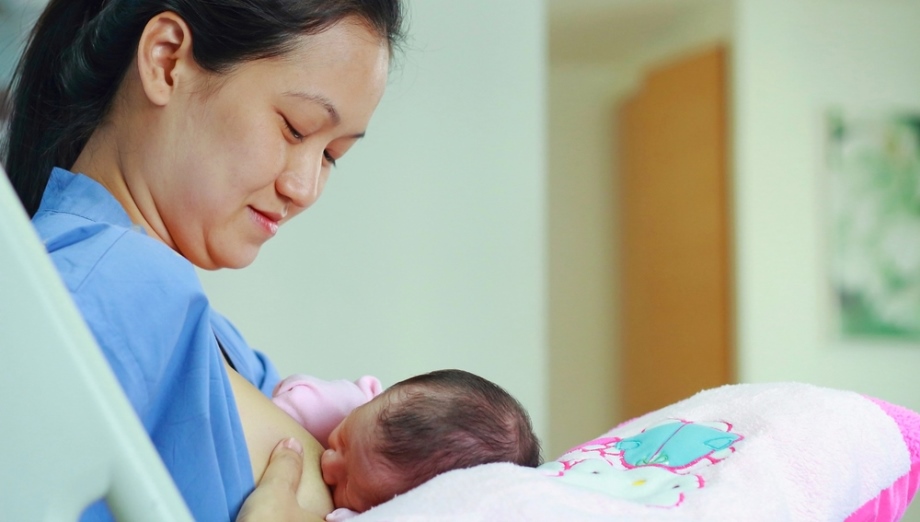
Traditionally in Thailand, it’s believed that observing Yu Duan postpartum confinement period and Yu Fai practices aid in healthy and effective lactation thus producing good quality breast milk. Taking plenty of rest, observing specific dietary practices, and “regaining heat” through “lying by fire” are considered key to successful breastfeeding (also called nursing).
Introduction to Breastfeeding
Breast milk is globally recognized as the best food for infants. Evidence of its benefits with regard to nutrition, immunology, behavior, but also financially, is vast and undeniable. Because only mothers produce breast milk, they are generally encouraged to breastfeed their children as long as possible. Of course, this is an important reason why a mother’s postnatal health is of utmost significance.
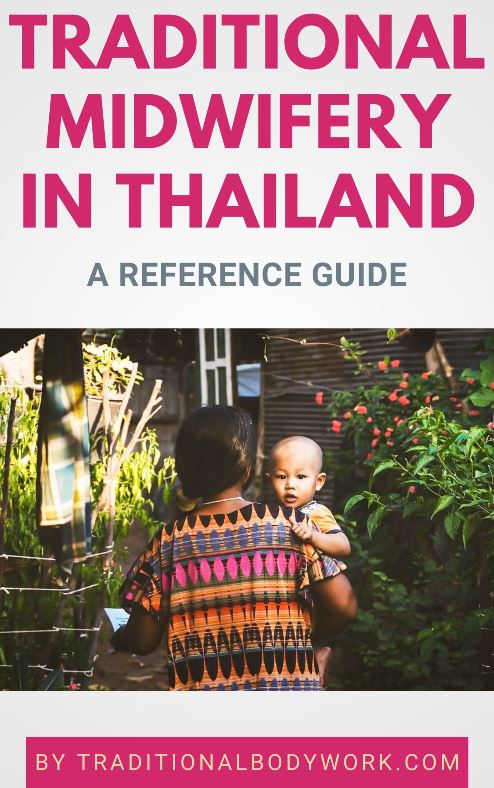
Research in the beginning of the 20th century has shown us that the hormone oxytocin is released during breastfeeding, which can cause the uterus to contract. Because the contraction of the uterus helps to expel the placenta, breastfeeding is seen as an aid to prevent postpartum hemorrhage (internal bleeding due to a ruptured blood vessel). Breastfeeding also aids a mother to return to her pre-pregnancy weight and balance glucose and lipid metabolism, which in their turn also help to reduce risks of postpartum obesity, diabetes, and heart disease.
Another important effect of breastfeeding is the absence of ovulation and menstruation. Lactation stimulates various hormones such as prolactin, which in their turn hamper ovarian activity and ovulation, that is, the mother becomes temporarily infertile.
Apart from the health benefits during the postpartum period, breastfeeding is said to reduce the risk of breast, ovarian, and endometrial cancers later in life. Psychologically, successful breastfeeding gives many women pride and satisfaction because it supplies their infant quality food, and they are the only ones who can provide it.
Although the mother-child relationship does not primarily develop at childbirth, mothers often report experiencing a profound sense of intimacy with their child when breastfeeding. Of course, breastfeeding can have negative effects and be stressful if the mother cannot or chooses not to breastfeed, which can lead to feelings of disappointment, pressure, incapability, or guilt, especially in cultures and social contexts where breastfeeding is seen as an important maternal role.
Low quality breast milk can have a significant negative impact on nutrition of the baby, with a depletion of energy, proteins, and other nutrients. It is vital to both mother and baby that the mother receives sufficient nutrients to sustain her own health and wellbeing.

In many traditional cultures, women’s food intake after childbirth is restricted to certain types of food, due to particular beliefs and cultural practices. Food taboos are common — also in Thailand — because of beliefs that certain types of food can be harmful to the health of the mother and through breastfeeding also for the baby.
Generally, the Thai postpartum diet aims to restore the cold-hot balance, and so “hot” foods are consumed to regain strength which was lost during childbirth, and cold foods avoided because they are perceived to give health problems immediately following childbirth and later in life.
Often, the majority of vegetables and fruits are regarded as cold foods and are believed to cause postpartum women health problems such as headaches and backaches in the months and years after delivery.
Breast Massage
Traditional Thai Massage is used after childbirth with an aim of reducing pain and discomforts of the legs, back, and head, reducing lochia, expelling gas, and preventing constipation.
Additionally, many Thai women massage their breasts to encourage milk production, which is then rather a Breast Massage for Lactation purposes.
Breast Milk
Colostrum is the first form of milk produced by the milk glands immediately following delivery of the newborn.
Certain beliefs about the colostrum make that breastfeeding is sometimes delayed. Among South Asian women, for instance, colostrum is considered to be indigestible and the practice of withholding colostrum may occur.
However, modern contemporary research shows that colostrum is very rich in certain nutrients and antibodies that are crucial in supporting the still fragile immune system of the baby. It’s why today withholding colostrum from a baby is dissuaded.
Herbal Steam Baths
Herbal steam baths are believed to stimulate breast milk and reduce breast engorgement.
Hot Herbal Compresses
Herbal compresses are a traditional alternative treatment with anti-inflammatory effects of the herbal ingredients and relaxing effects of the aromatic volatile oils. In Thailand, herbal compresses have been used for centuries.
For postpartum mothers with breast engorgement herbal compresses are used on the breasts to decrease breast engorgement pain. The main ingredients of these Thai herbal compresses include Plai or Cassumunar ginger, Turmeric (Curcuma Longa), and Camphor.
Herbal compresses are also used on the breasts in case milk is scarce or mothers have difficulties breastfeeding.
Heated Salt-filled Pot Compresses
With this treatment — known as Thai Heated Clay Compress Massage — sea salt and specific herbs are placed into a ceramic pot. The pot is then heated and subsequently wrapped in medicinal leaves and a white cotton cloth, and used to press on a woman’s abdominal area in order to ease pain, muscles, tendons, and joints.
It’s also believed that this method is useful to slim down the uterus, to reduce lochia, and promote breast milk flow.
Dietary Restrictions
- It’s believed that no spicy food and candies should be consumed by the mother because a baby’s mouth could become infected and by this cause difficulties for breastfeeding;
- Postpartum women should avoid fermented foods, fermented bamboo shoots, cat fish, winter melon, squash, cha-om (acacia pennata), beer and alcohol;
- It’s however recommended that postpartum mothers should have hot water, banana blossom, hot herbal drinks, soy milk, ginger and peppers because of the idea that these foods and drinks can increase breast milk production;
- Green herbs, such as tshuaj qaib, may be used to increase breast milk production;
- It’s believed that foods that are white in color will give good quality or correct milk;
- In practice, many types of proteins (pork, chicken, fish, seafood, among others), vegetables (onion, cabbage, bamboo, lemongrass, among others) and fruits (orange, tamarind, jack fruit, durian, among others) are consumed with often the primary goal of good quality breast milk production and a secondary goal of postpartum recovery;
- Other specific plants and herbs that increase milk production and milk quality are thought to be: tamarind, aloe vera, castor oil plant, Chinese chive, ginger, and pomegranate.
Receive occasional news about our new eBook and Video Workshop publications.



